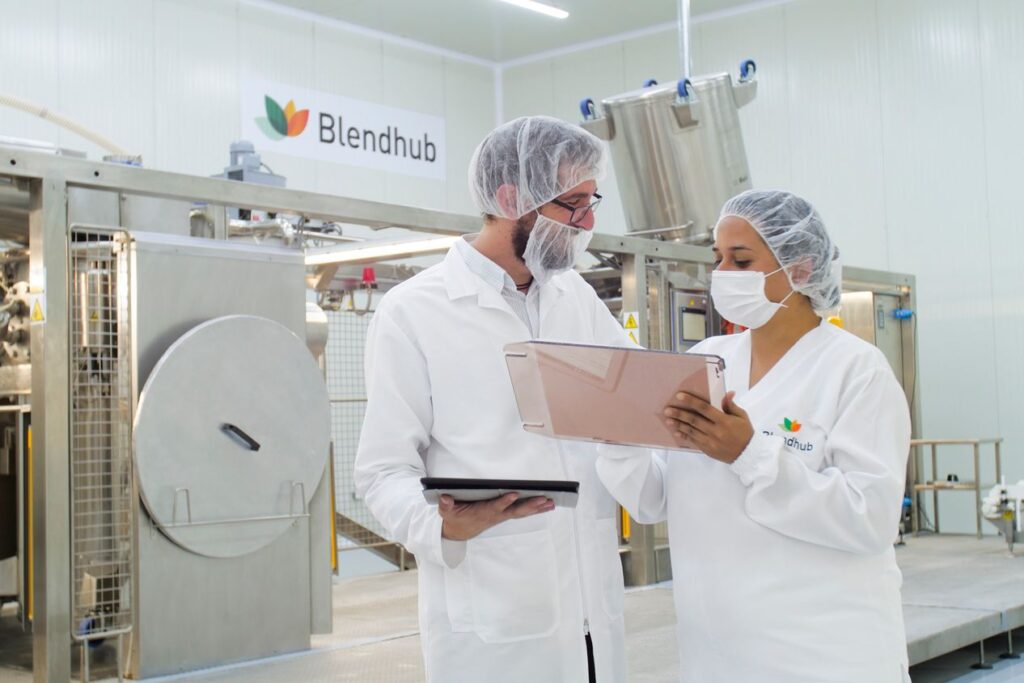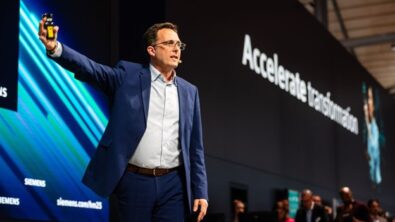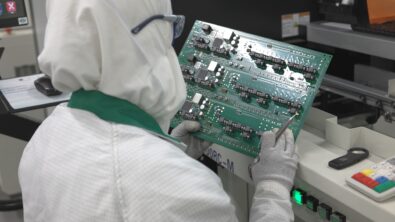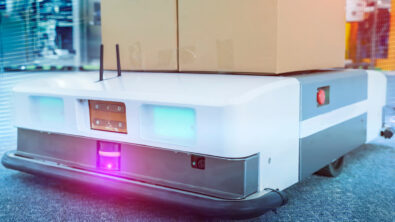Revolutionizing the Fight Against Global Hunger: How Blendhub is Transforming Food Production with Siemens Technology

In a world where 820 million people face hunger and 3.1 billion cannot afford a healthy diet, Blendhub is rewriting the narrative on food security. This innovative company has taken on the monumental challenge of providing healthy, affordable nutrition to the most vulnerable populations globally. By leveraging cutting-edge digital technology from Siemens, Blendhub has reimagined food production and distribution, bringing to life a revolutionary “food-as-a-service” model that could change the lives of millions.
The Global Hunger Crisis: A Call for Innovation
Hunger and malnutrition are among the most pressing challenges of our time. Blendhub, driven by a mission to make food access fairer and safer, has stepped up to address these issues on a global scale. Recognizing that traditional food systems are often inefficient and inaccessible, Blendhub has developed a groundbreaking modular hub system that can be deployed anywhere in the world. These hubs, packed into 40-foot containers, allow for localized food production near farmers and underserved communities, ensuring that nutritious meals are accessible even in the most remote areas.

The Blendhub-Siemens Partnership: Driving Change with Technology
To turn their ambitious vision into reality, Blendhub partnered with Siemens Digital Industries Software. Through the use of Siemens’ Opcenter™ software, and Totally Integrated Automation (TIA) Blendhub has transformed its production processes, automating operations, improving traceability, and ensuring top-tier food safety.
The Role of Opcenter RD&L in Achieving Production Excellence
At the heart of Blendhub’s groundbreaking success lies Siemens’ Opcenter Research, Development, and Laboratory (RD&L) software, which has been instrumental in streamlining operations and driving efficiency. By enabling seamless recipe management, Blendhub has been able to optimize and accelerate its formulated product R&D, drastically reducing time-to-market for new products. Opcenter RD&L’s digital twin technology allows Blendhub to simulate and refine production processes before implementation, ensuring consistent quality and minimizing errors. The platform also facilitates cloud-based specification management, enabling the team to easily share and align product definitions and recipes across manufacturing, suppliers, and partners. These capabilities have not only allowed Blendhub to produce over 2,000 metric tons of nutritious food in just six months but have also enhanced their ability to scale operations, customize products using local ingredients, and deliver on their mission of providing accessible, high-quality nutrition worldwide.

Key Innovations Powering the Future of Food Production
Blendhub’s success is built on a foundation of technological innovation. Here are some of the key advancements driving their impact:
- Localized Food Production: Blendhub’s modular hubs process powder-based, nutrient-dense foods using local ingredients, reducing costs and empowering communities.
- Traceability and Transparency: Siemens’ Trusted Traceability software ensures every product’s journey—from ingredient sourcing to distribution—is transparent, meeting regulatory standards and consumer safety demands.
- Digital Twin Technology: By simulating production processes virtually, Blendhub optimizes efficiency and ensures product quality before a single batch is produced.
- Automation and Real-Time Monitoring: Siemens’ Totally Integrated Automation (TIA) Portal and programmable logic controllers (PLCs) streamline operations, enabling remote monitoring and agile adjustments.
Ready to Dive Deeper?
Curious about how Blendhub is using technology to create a fairer, safer, and more sustainable food system? Want to learn more about the cutting-edge solutions that are making a global impact?
Read the full case study to explore the details of Blendhub’s transformative journey and how Siemens’ technology is enabling them to scale their mission. Together, they’re not just feeding people—they’re nourishing hope for a better future.


